修行要一关一关闯关,怎么闯?
Namo Buddha
Namo Dharma
Namo Sangha
修行要一关一关闯关,怎么闯?
How to Break through
Each Stage in Spiritual Practice?




Please click to play audio

学佛要很脚踏实地的,一点假都掺不得。有一点错,就出不了预想的结果。
Buddhist practice requires steadfast sincerity—it cannot tolerate even the slightest falsehood. One small error, and you won't achieve the expected result.
比如解释菩提心的时候,菩提心是什么?悲心加空性。实际上悲心不容易,空性也不容易。那在这之前,我们有生起出离心吗?出离心之前,我们有生起厌离心吗?如果一个不成立,那后面的都不成立。
For example, when explaining bodhicitta, what is it? It is compassion combined with the realization of emptiness. In reality, neither cultivating compassion nor realizing emptiness comes easily. But even before these, have we given rise to the mind of renunciation? And before renunciation, have we developed disenchantment? If one prerequisite isn't established, everything that follows lacks foundation.
我们一旦生起了厌离心,就不会对世间有那么多的贪执。比如吃饭的时候,真的只是为了“为疗形枯”,甚至吃的时候你会去看自己有贪心吗?有贪心就不吃了,就放在那里了。心里会想,我宁愿不吃饿死,也不能有贪心,很清楚地知道自己是皈依道的,不是皈依食物的。
Once we've developed disenchantment with samsara, we will no longer harbor excessive attachment to worldly matters. For instance, when eating, you truly only eat "to sustain this form of body" and you even examine whether greed arises while eating. If greed appears, you stop eating and set the food aside. You think, "I would rather starve than harbor greed", clearly knowing you take refuge in the Path, not in food.
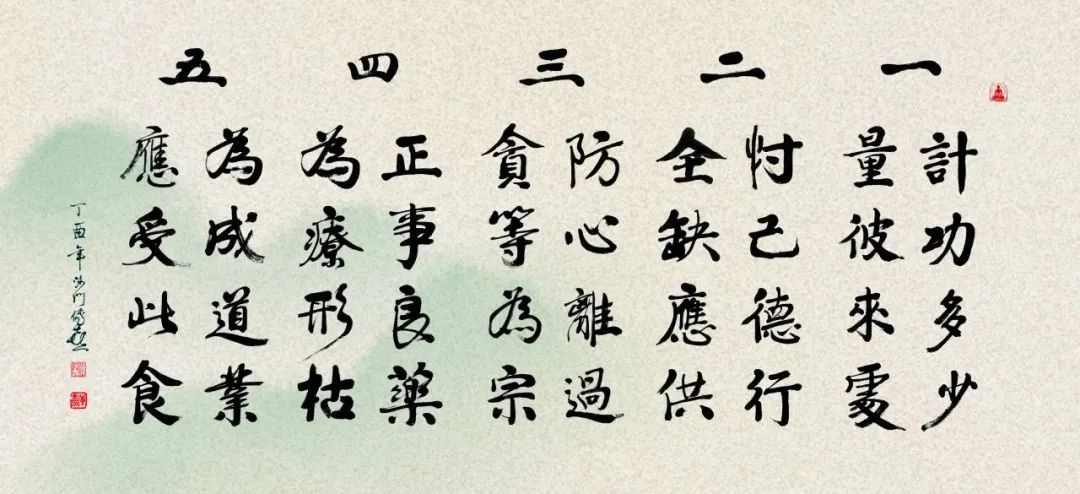
有厌离心的人,处处充满了一种厌离,只要他的脚踩到轮回的一边了,马上就自我警惕。他的心只能用在解脱道上,跟轮回有关的全部抛弃。甚至每天会告诉自己——这世界不多你一个,不少你一个,你死了地球照样转,你还烦恼啥?这样一想,“我”也没有了。
A person with disenchantment is filled with this sense of aversion to samsara in every aspect. As soon as their foot steps into the realm of samsara, they immediately become vigilant. Their mind is solely devoted to the Path of liberation, completely abandoning everything related to samsara. They might even remind themselves daily: "The world won't gain by your presence or lose by your absence—the earth will keep turning when you die. So, what is there to be troubled about?" With this realization, the "self" dissolves.
厌离心是有相的,一个有厌离心的人,只要是给修行打岔的、攀缘于轮回的内容,全都视如仇敌、如毒蛇。所以一个人是不是修行人,看他有没有厌离心就知道了。厌离心如果没有,就好像知了被粘住了翅膀,就飞不了了。
Disenchantment has observable characteristics. A person with disenchantment regards anything that interferes with practice or entangles them to samsara as an enemy, like a venomous snake. Thus, whether someone is a true practitioner can be simply discerned by signs of disenchantment. Without it, one is like a cicada with wings glued—unable to fly.


我们现在就是被轮回粘住了,所以要解缚去粘、拔丁抽楔。首先,我们要厌离轮回,它粘不住你,你也不往上靠,这才叫有厌离心。有了厌离心,生命内外的境马上就会不一样的,神开始归元,六根开始回过头来。尤其是年轻的修行人,一天乃至七天,精气神的面貌马上就会不一样。人开始无漏了,气血自然会越来越饱满。
We are currently stuck in samsara, so we must free ourselves from bondage, remove the shackles that hold us. First, we must develop disenchantment with samsara so that it cannot hold you and we do not cling to it. This is what having disenchantment means. With disenchantment, the inner and outer circumstances of our life immediately transform. The spirit begins to return to its source, and your six senses start to turn inward. Especially for young practitioners, within just one to seven days, your vital energy and appearance will noticeably change. As one begins to become free of outflows, one's vital energy naturally becomes increasingly abundant.
当你真正从内心识别轮回的过患,厌离这个轮回,你遮止它、远离它的时候,就会得无漏。无漏也是有相的,就像一个有漏的瓶子和不漏的瓶子去灌水,完全不一样的。
When you truly recognize the faults of samsara from within, become disenchanted with it, distance and shield yourself from it, you attain the state of being without outflows. This state is also tangible—like the difference between pouring water into a leaky bottle versus an intact one.

当你的六根从六尘、六识里解脱出来的时候,根尘的漏被堵掉了,境界就会生。境界生了之后,还要不着境界,保持对自己的厌离——“我感受到了又怎么样?”境界归境界,不要去执着,色、受、想、行、识都不去着:色阴区宇不着,受阴区宇不着,想阴区宇不着,行阴区宇不着,识阴区宇不着,那你就层层破关,透脱出来了。
When your six faculties are freed from the six sense objects and six consciousnesses, the leakage between senses and objects is sealed, and spiritual states arise. Yet even states emerge, you must not attach to them—maintain disenchantment with yourself: "So what if I experienced this state?" Let states be states without clinging to them. Don't attach to form, feeling, perception, mental formations, or consciousness. When you don't cling to the realms of form aggregate, feeling aggregate, perception aggregate, mental formations aggregate, or consciousness aggregate, you break through each barrier, layer after layer, and achieve complete liberation.
我们所谓的烦恼魔、五蕴魔、生死魔可以概括成“五十种阴魔”,修行要一关一关闯关,怎么闯?就是保持一个“应无所住而生其心”的清净心。
The so-called demon of afflictions, the demon of the five aggregates, and demon of life and death can be summarized as "fifty kinds of aggregate demons". To progress in practice, you must pass each stage. How do you pass? By maintaining a pure mind that "dwells nowhere while giving rise to mind."

我们每个人都有佛性的,自性里都是有佛、有法的,但是我们比较混沌,不知道怎么修。厌离心也是一样,我们好像有,但还没把这个课题做透。就像钻木取火,要不停地钻,热热热,冒烟、冒烟……一直坚持到火起来了才行。厌离心这个功课也要专门地修进去,然后厌离的相出来了,“冒烟了”,自己的身心有感受了,再进一步策励出离。
Each of us possesses Buddha-nature. Within our inherent nature exist both the Buddha and the Dharma, but we remain confused, not knowing how to practice. It's the same with disenchantment—we seem to have it, but we have not fully mastered it. Like drilling wood to make fire, we must continuously drill: generating heat, more heat until smoke appears and more smoke... we must persist until flames arise. The task of developing disenchantment requires dedicated effort. When the signs of aversion manifest—"the smoke appears"—you will feel it in your body and mind. Then one can further encourage renunciation.
厌离的重点就是不被这个轮回粘到,不被轮回“绑架”,这不是别人绑你的,都是自己绑自己,自己于不真实的起真实想。轮回本身没有吸引你,是自己对轮回有期待,总觉得我当下做的,明天、未来会有怎样的收获,这都是期待出来的。祖师讲“轮回之粪无香味”,这个“轮回之粪”里会不会出现奇迹,冒出一缕清香来?不可能的。
The key to disenchantment is not being stuck in samsara, not being "kidnapped" by it. This isn't about others binding you—it's self-binding, mistaking the unreal for the real. Samsara itself doesn't entice you; rather, you harbor expectations about it, believing that what you do now will yield certain results tomorrow or in the future. These are all projections of expectation. The patriarchs said, "The dung of samsara has no fragrance." Could this "dung of samsara" produce a miracle and emit a wisp of sweet scent? Impossible.


轮回的本质就是幻化的,并且诸法中是无我的。正是在这个“诸法无我”中,可以彻见轮回的毫无意义。虚幻的东西有什么意义?业报的相续有什么意义?它唯独的意义就是识别它的毫无意义,然后终结它。如果还以假为真,轮回不断,这就是对生命的惩罚。所以佛陀的慈悲,就是手把手教我们从三界中出离,从轮回苦海里得到赦放,不落生死之苦。
The nature of samsara is illusory, and within all phenomena there is no self. It is precisely in this "no-self of all phenomena" that one can thoroughly perceive the utter meaninglessness of samsara. What meaning can illusory things have? What meaning is there in the continuity of karmic consequence? Its sole meaning lies in recognizing its meaninglessness and bringing it to an end. If one continues to take the false as true and perpetuates samsara, this becomes a punishment for life itself. Thus, the Buddha's compassion lies in guiding us, step by step, to escape the three realms, to gain release from the ocean of suffering in samsara, and to avoid the pain of birth and death.
从厌离心到出离心,每个人都可以去修习的。佛陀在《地藏十轮经》里说,对于我的法,一定要次第而说。没有生起厌离心的人,没有生起厌离征相的人,不能为其说下面的法。所以佛陀说法是远离四种过失的。我们现在像普及知识一样,先让大家增加一种认知,建立一种信仰、一个信念。建立了之后,沿着这条路会越走越深,直至趋向佛陀的真实义。
Everyone can progress from disenchantment to renunciation through cultivation. In the "Ksitigarbha Ten Wheels Sutra," the Buddha states that his teachings must be expounded sequentially. For those who have not yet developed disenchantment or shown any signs of it, the subsequent dharmas cannot be taught. Therefore, the Buddha's teaching is free from four faults. Our current approach is like popularizing knowledge—first helping people gain understanding and establish faith or conviction. Once this foundation is set, they can progress deeper along this path toward the true meaning of Buddha's teaching.
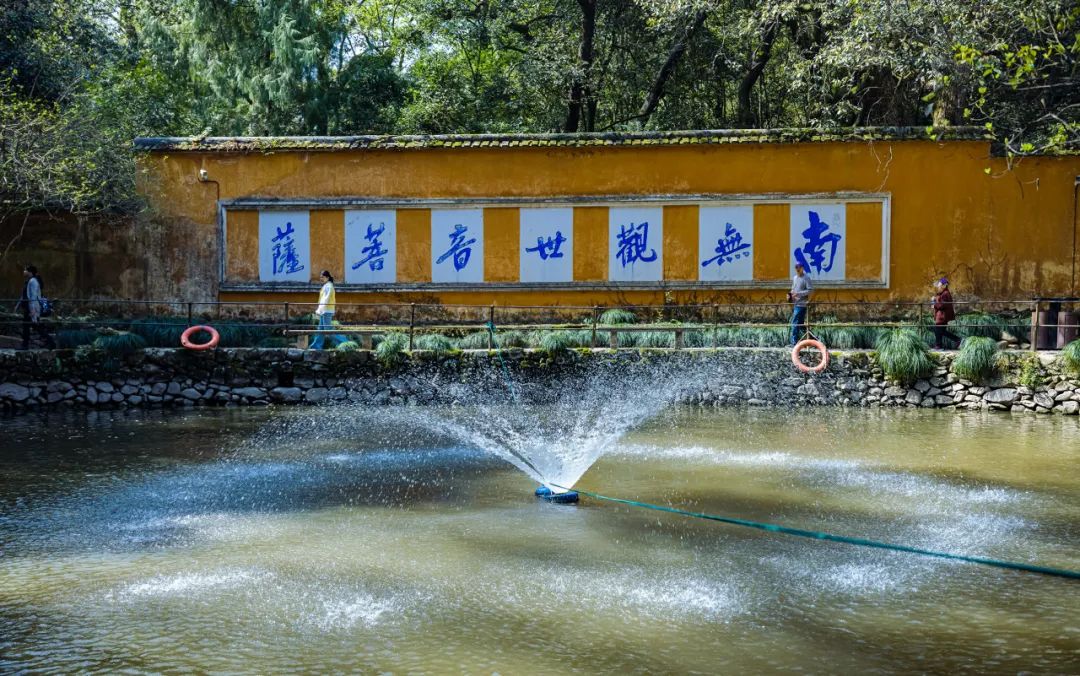
佛法的修行不是知识的积累,内心一定要生起真实的功德。面对轮回,要知道轮回的过患,要厌离、出离,修小乘圣果。有了小乘圣果,有了空性智慧,这个时候才谈得上报恩——“一子出家,九玄七祖尽超升。”
Buddhist practice is not about accumulating knowledge; the mind must give rise to genuine merit. Facing samsara, one must recognize its faults, develop disenchantment and renunciation, and cultivate noble fruits of the Hinayana. Only with these noble fruits of the Hinayana and the wisdom of emptiness can one truly speak of repaying kindness: "When one child becomes a monk, nine generations of ancestors are liberated."
九玄七祖的超升不是因为你出家,而是因为你出家、修行、证果、得道。古人几十年参道、修行,就是为了要开悟、要证果得道,能够救度自己生生世世的父母,这就是修行的动力呀。
The liberation of nine generations of ancestors is not merely because you become a monk, but because you become a monk, practice, attain realization, and achieve the Way. The ancients spent decades contemplating the Way and practicing, precisely to awaken, to attain fruition and enlightenment, so they could save their parents from all past lives—this is the driving force of practice!
大乘菩提道的基础是知母恩、报母恩——只有我修行了、证果了,才能真正意义上地拯救我妈妈。纵使没有当面见她,佛法殊胜的智慧、殊胜的功德也能超越时空地去救度她。
The foundation of the Mahayana bodhi path is recognizing and repaying maternal kindness—only through my practice and attainment can I truly save my mother. Even without meeting her in person, the supreme wisdom and merit of the Dharma can transcend time and space to save her.
我们看那些祖师远离家乡去修行,表面上的“薄情寡义”,恰恰是因为“大孝”。佛法有时候不是世俗的感情上能理解和接受的,但这个世间如果没有那些伟大的高僧大德、没有那些带领众生出三界的圣者,人类的文明都会没有高度。
We see those patriarchs who left their homelands to practice appearing "cold and unfeeling" on the surface, but this is precisely due to their "great filial piety". Buddhism sometimes transcends worldly emotions and is not easily understood or accepted by mundane perspectives. Yet, without those great monks and noble sages in the world who guide beings out of the three realms, human civilization would lack its profound depth.
----三参法师
—Master Sancan
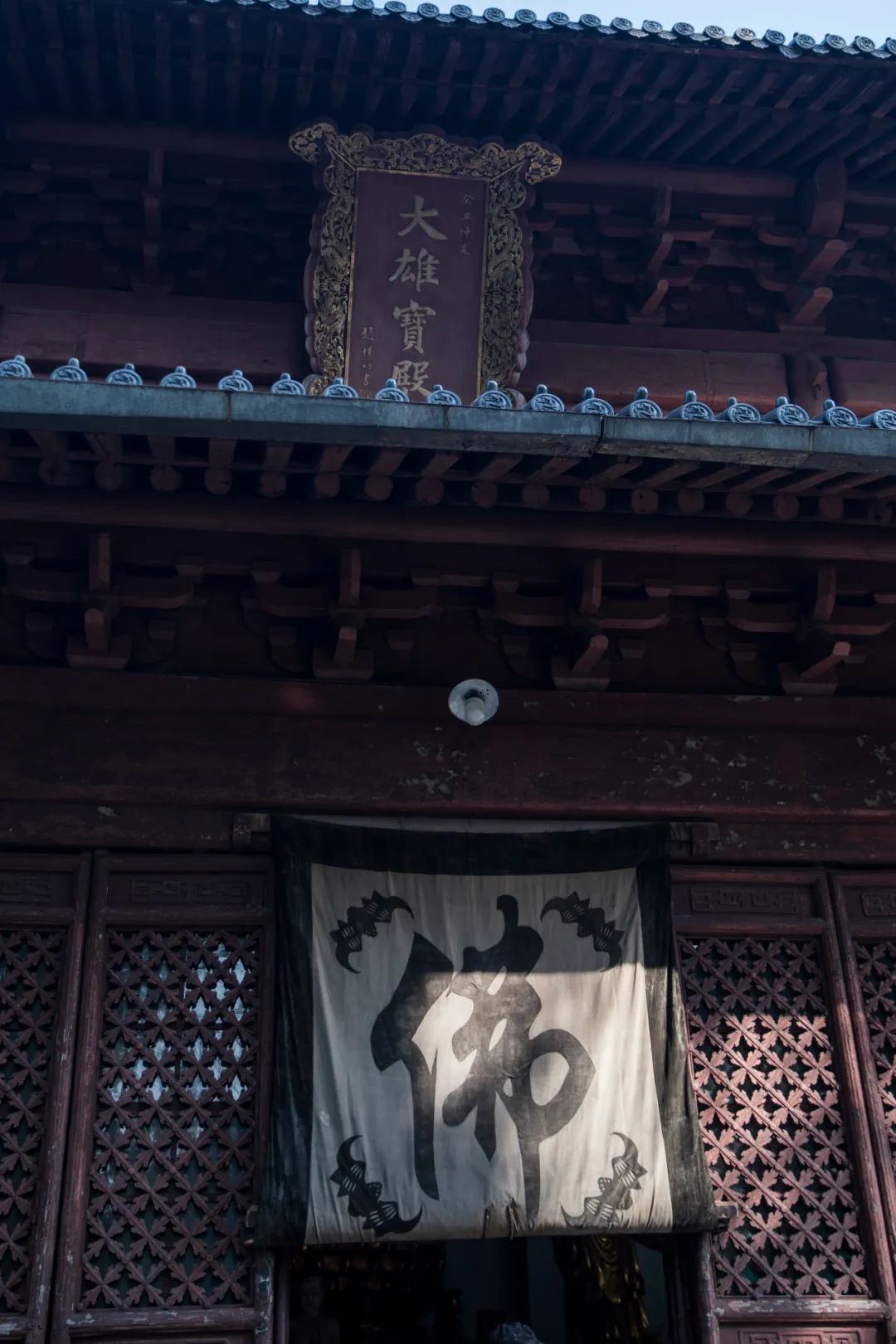

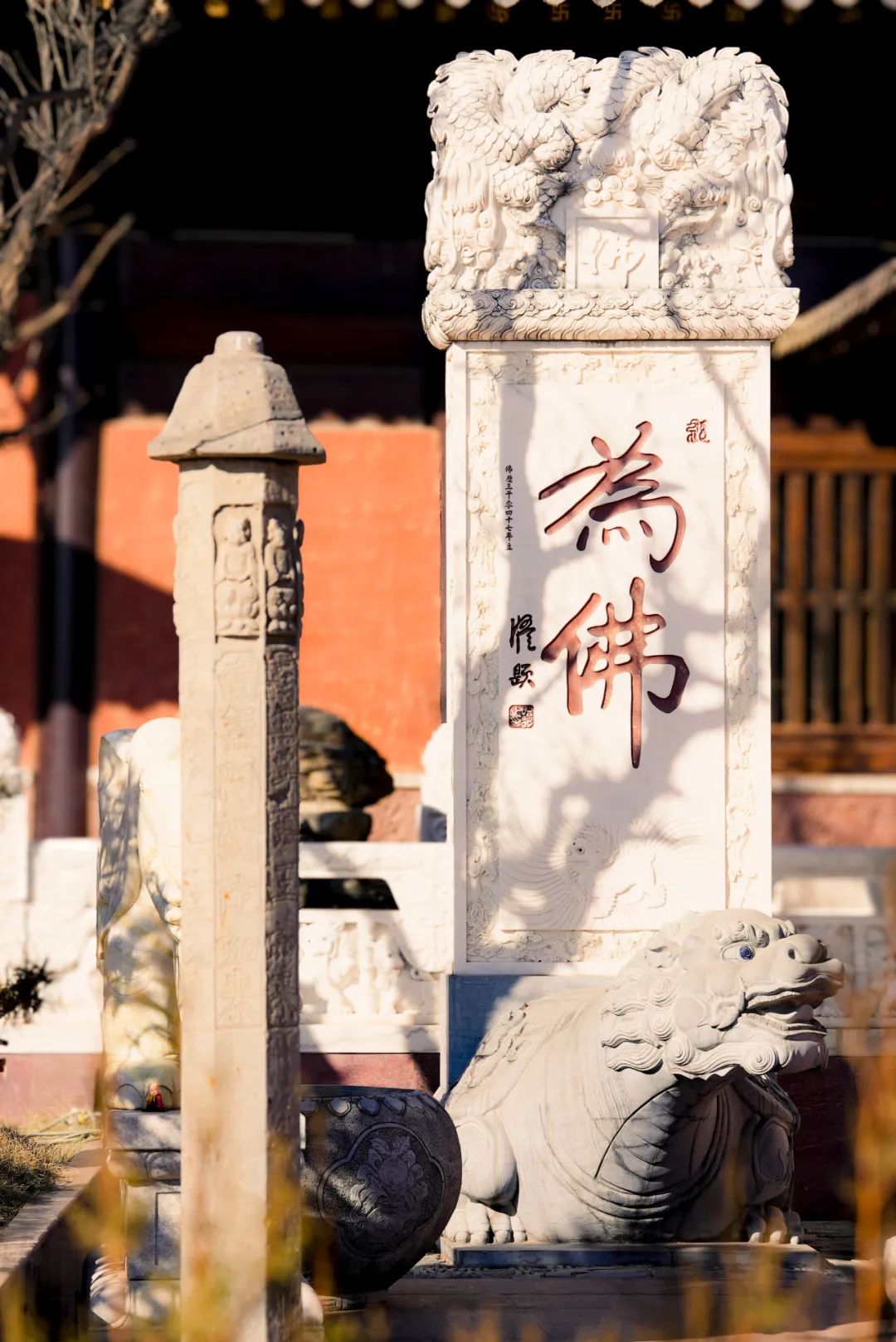

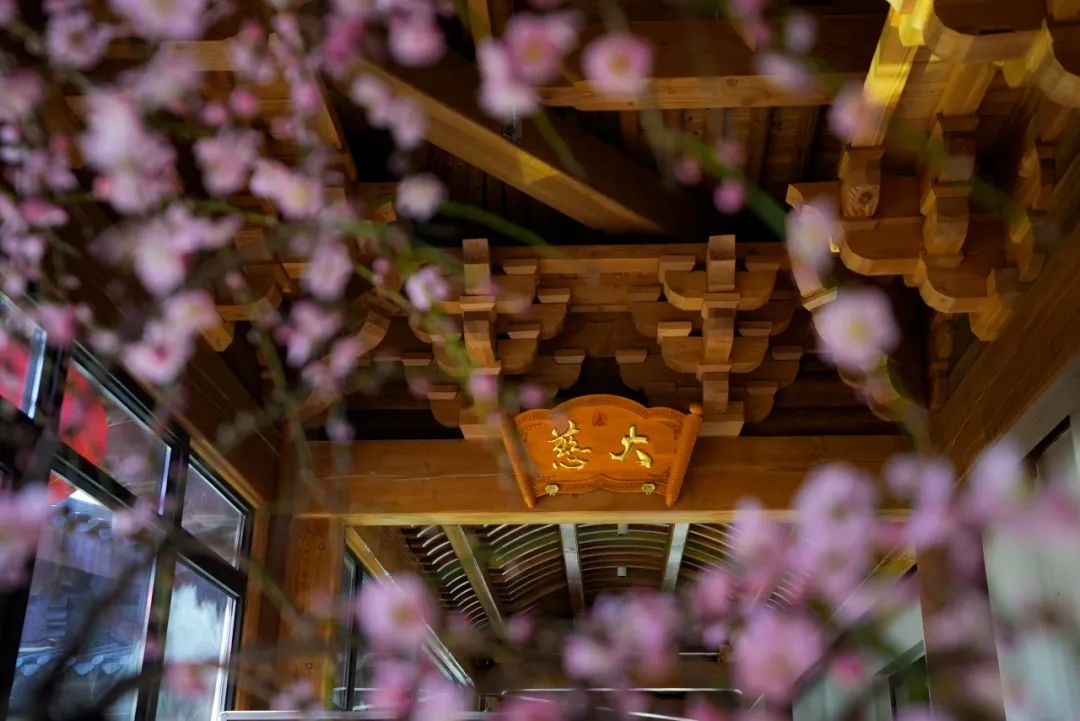
英文翻译:智航;
英文朗诵:贤淑老师;
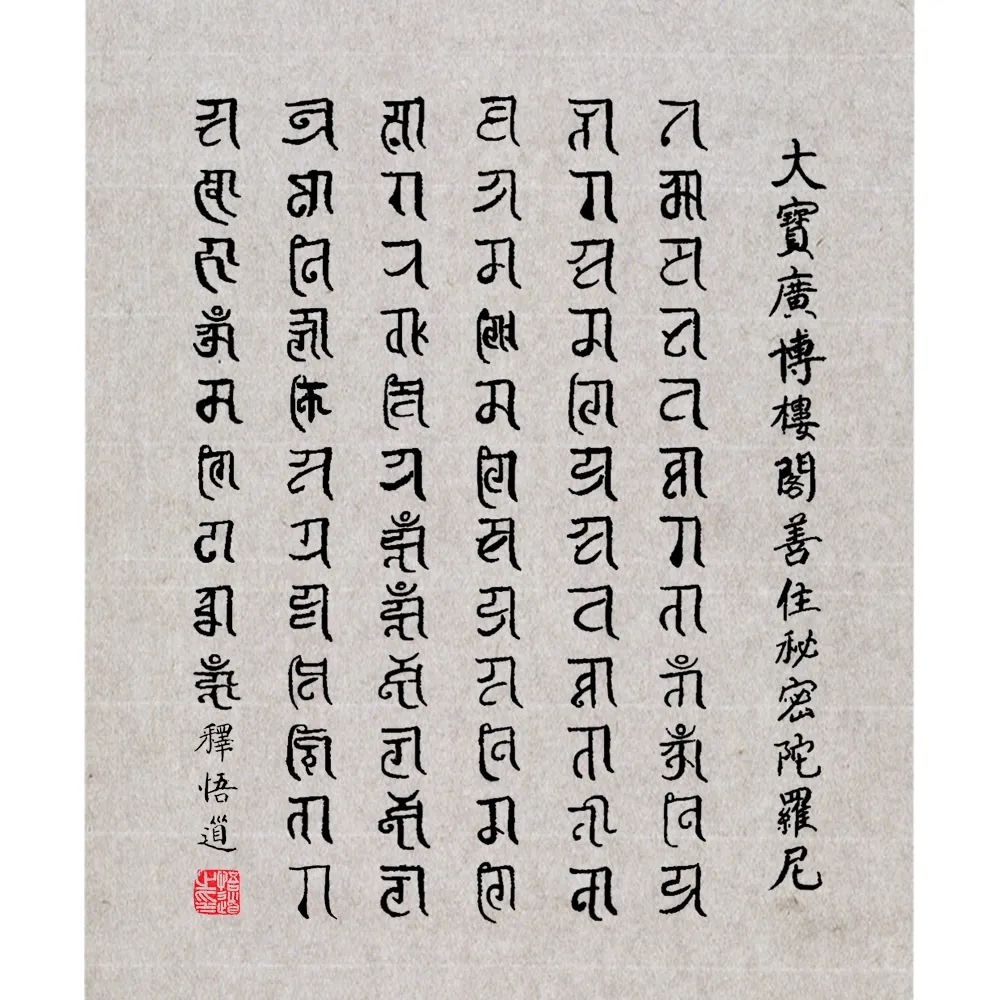
END
